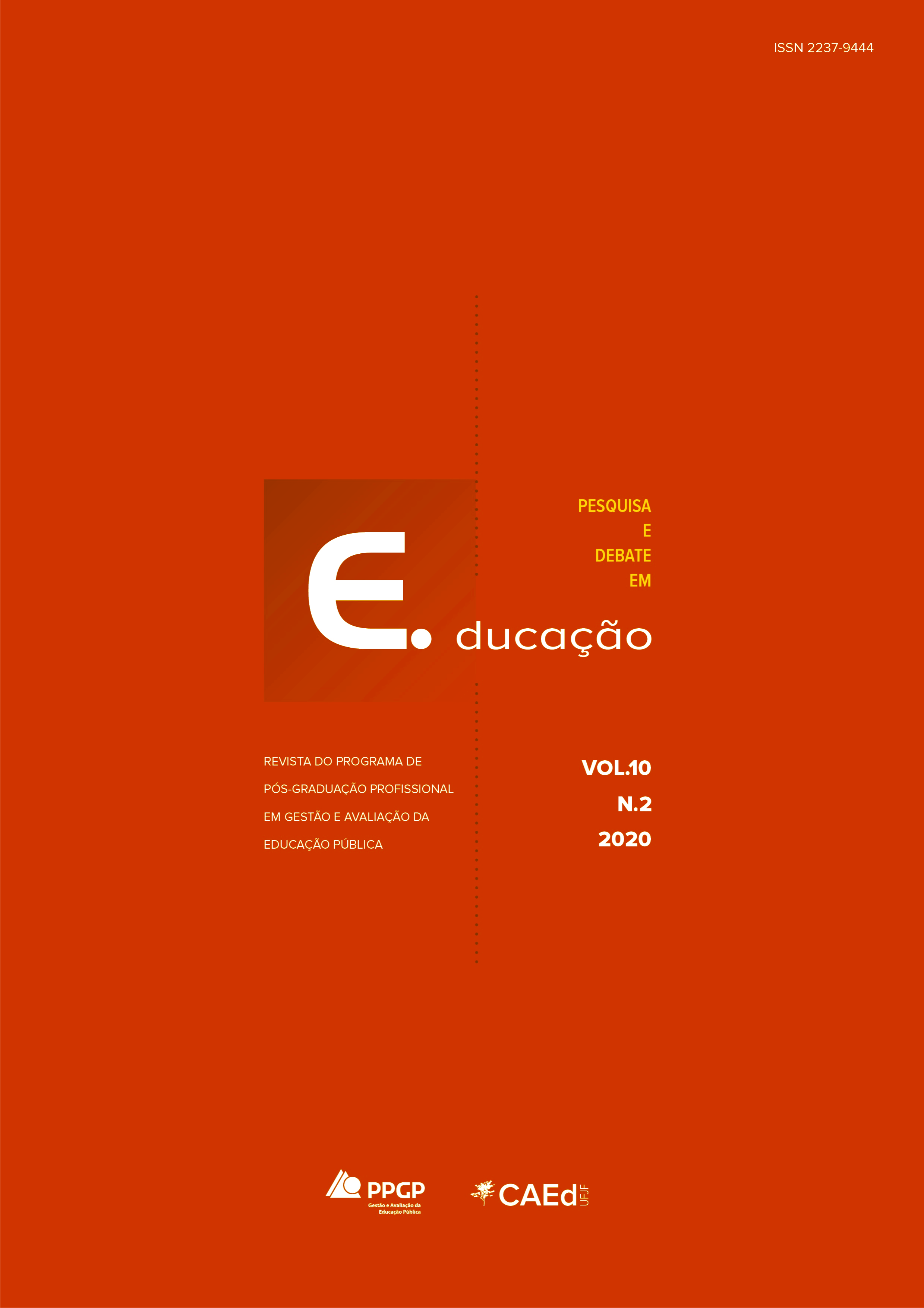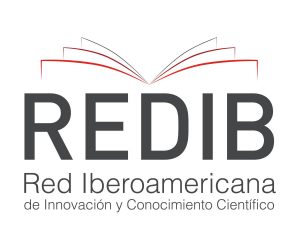Knowledge in dialogical relations
“there is no more or less knowledge, there is different knowledge”
DOI:
https://doi.org/10.34019/2237-9444.2020.v10.31509Keywords:
Dialogical relations, Different knowledge, Early years teachers, Elementary schoolAbstract
The article presents reflections on the possibility of dialoguing with others in the search for respect for different knowledge and on the possibility of educators 'awareness that it is necessary to recognize and respect students' knowledge and take them as a starting point in the teaching process and learning. This investigation is part of a doctoral research, carried out with teachers from the early years of elementary school, which aimed to understand the development of the process of empowerment in teaching practice and in training contexts. In this research, we propose a formative action that discusses the teaching of mathematics from the perspective of Critical Mathematics Education. It should be noted that, over fifteen meetings, spread over a period of nine months, we reflect and discuss topics of interest to teachers. Thematically, the starting point of the dialogical relationship was based on concrete themes of school reality that appeared in the dialogue with the participants. We chose to present in this work the discussions and analyzes related to the theme Different Knowledge. The results show that the teachers recognize themselves as unfinished, unfinished beings, aware of this unfinished and know that their knowledge, despite being important, is not enough in all situations. In this sense, the dialogical process provided the beginning of a journey towards the awareness of the necessary recognition and respect for the students' knowledge.
Downloads
References
ALRO, H; SKOVSMOSE, O. Diálogo e Aprendizagem em Educação Matemática. 2. ed. Belo Horizonte: Autêntica Editora, 2010.
BRANDÃO, C. R. O que é Método Paulo Freire. 18ª ed. São Paulo, Brasiliense. 1981.
FREIRE, P. Alfabetização: leitura do mundo, leitura da palavra. 6º ed. Rio de Janeiro: Paz e Terra, 2013.
FREIRE, P. Pedagogia do oprimido. 66º ed. Rio de Janeiro/São Paulo: Paz e Terra, 2018.
FREIRE, P. Pedagogia da autonomia: saberes necessários à prática educativa. 58º ed. Rio de Janeiro/São Paulo: Paz e Terra, 2019.
LUDKE, M; ANDRÉ, M. E. D. A. Pesquisa em educação: abordagens qualitativas. 1. ed. São Paulo: EPU, 1986.
SKOVSMOSE, O. Desafios da reflexão em educação matemática crítica. Campinas, SP: Papirus, 2008.
TARDIF, M. Saberes docentes e formação profissional. 17. ed. Petrópolis, RJ: Vozes, 2014.
THIOLLENT, M. Metodologia da pesquisa-ação. 18. ed. São Paulo: Cortez, 2011.




















